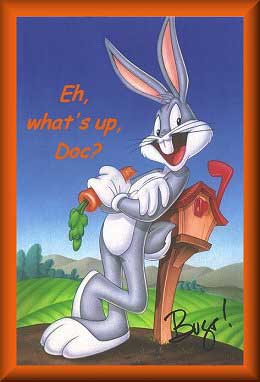
As a continuation of our discussion on greetings, this time let’s talk about informal greetings. Like formal greetings mentioned last time, informal greetings are also rhetorical questions, which do not necessarily need to be responded to. For instance, in actual use, some people merely respond with a “Hey” or “Hi” when asked “What’s up?” and nothing more. However, for the sake of politeness, I suggest responding to the question (see below for possible responses) and return the question.
The major difference between formal and informal greetings is that informal greetings should be reserved with friends and not used in a formal or business setting. Do note that fellow co-workers who know each other very well may use these with each other, so you may actual hear this in your office. To maintain the utmost professionalism on the job, informal greetings should not be used with clients though (although some people do this). Also, informal greetings are used more often by the younger generation, as compared to the older generation.
Now you may see that there is a long list of informal greetings which one may use. What’s the difference? And, what does each mean? Each of these is used as a greeting. Like the formal “How are you?”, a question is preferred as a greeting rather than a mere “Hey” or “Hi”, as it is a sign of care and stems from human’s curious nature. However, in terms of usage, any one is not preferred over another by English speakers, although every English speaker does have his or her preference. Try using different ones!
Question
What’s up/What’s new (with you)?
What are you up to (lately)?
What’s new (with you)?
What’s going on?
What’s happening?
How’s everything (with you)?
How’s it going?
How’s work (or another activity)?
How goes work (or another activity)?
Response
Nothing much/Not much/Nothing (going on).
Lots…(name your recent activities)
(I’m) Wonderful/Great/Good/Good, good/Pretty good/Fine/Alright/Okay/Not too bad/So so/(Just the) same/Not too well/Surviving.
I’ve been the same/well/good/, (how about with you)?
* Words/Phrases inside parenthesis ( ) means optional.



 Posted by Alice
Posted by Alice